Introduction

When it comes to durable and versatile materials, polycarbonate is a top contender. This type of plastic is known for its exceptional strength and impact resistance, making it a popular choice in various industries. From automotive components to electronic devices, polycarbonate material has proven to be worth time and time again.
Understanding Polycarbonate Material
Polycarbonate is a type of thermoplastic polymer with impressive strength and durability. Due to its shatter-resistant properties, it is often used as a lightweight alternative to glass. This versatile material can be molded into different shapes and sizes, making it suitable for various applications.
Benefits of Using Polycarbonate
Polycarbonate is a versatile and widely used plastic known for its exceptional strength, clarity, and durability. Here are some of the key benefits of using polycarbonate:
- Incredible Strength: Polycarbonate is solid and impact-resistant, making it ideal for durable applications, such as safety goggles and bulletproof windows.
- High Transparency: Polycarbonate boasts excellent clarity, allowing for clear visibility. This property makes it suitable for greenhouses, windows, and signage.
- Excellent Heat and Flame Resistance: Polycarbonate offers superior resistance to heat and flames, ensuring safety and reliability in various industrial settings.
Polycarbonate's strength, clarity, and heat resistance make it valuable for various applications, from construction and manufacturing to everyday consumer products.
Applications of Polycarbonate
From bulletproof windows to protective eyewear, polycarbonate applications are vast and diverse. Its exceptional strength makes it ideal for construction materials, while its optical clarity makes it perfect for optical lenses and electronic display screens. Its versatility has made it an indispensable material in numerous industries.
Properties of Polycarbonate
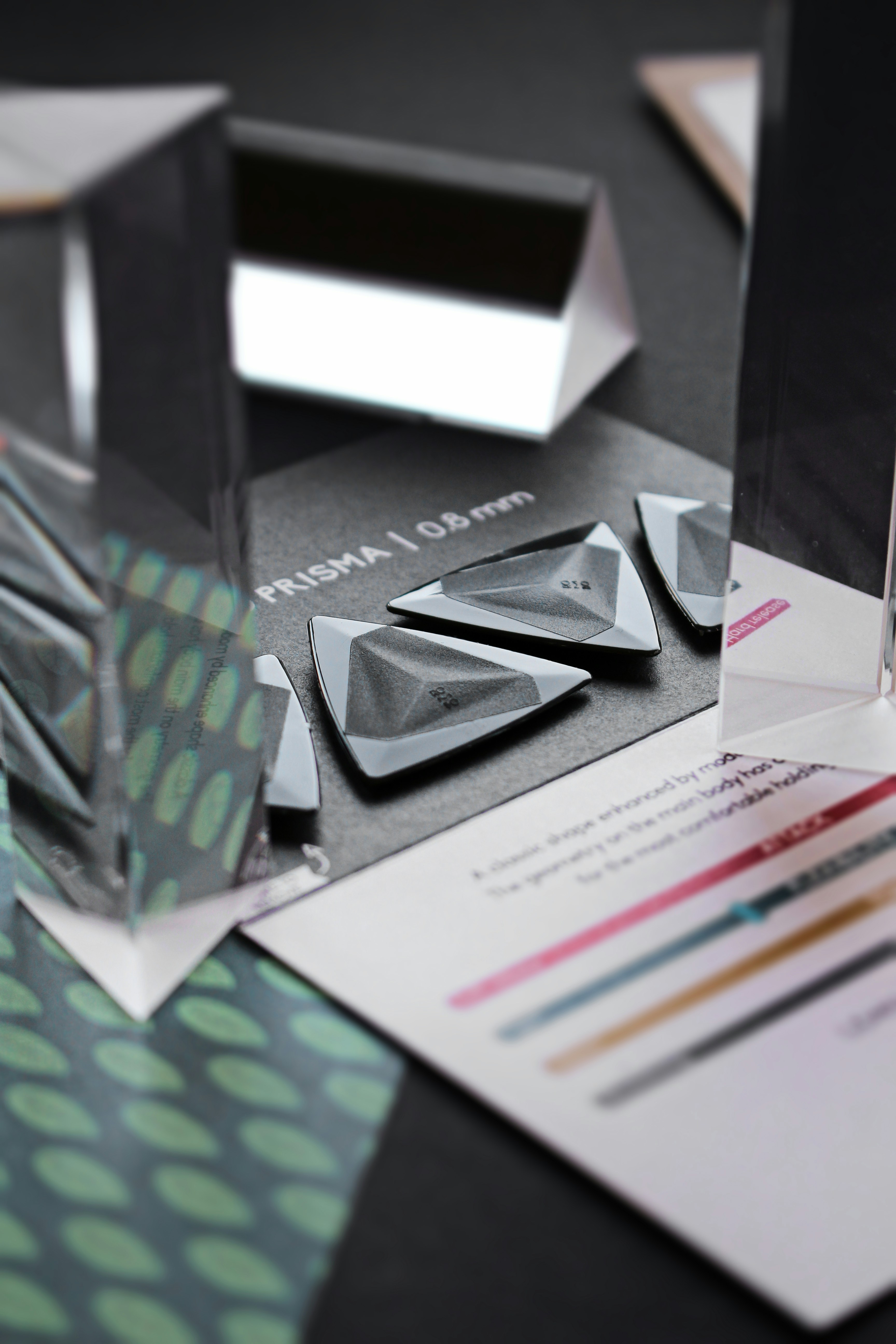
Polycarbonate material is known for its exceptional strength and durability, making it a popular choice for various applications. With a tensile strength of up to 9,000 psi, polycarbonate plastic is incredibly tough and impact-resistant, able to withstand heavy loads and harsh environments. This makes it ideal for use in products that require long-lasting and reliable performance.
Strength and Durability
Polycarbonate is highly resistant to impact, boasting a strength 200 times greater than glass. This remarkable property makes it the preferred choice for applications where safety and security are paramount, such as protective eyewear, riot shields, and bulletproof windows. Its ability to maintain its structural integrity even under extreme conditions sets it apart from other materials.
Polycarbonate's exceptional transparency and impact resistance make it ideal for applications where visibility is crucial. Unlike other materials, polycarbonate maintains clarity even after repeated impacts, ensuring the view through protective barriers remains unobstructed. This unique combination of transparency and impact resistance sets polycarbonate apart as the top choice for safety goggles, machine guards, and aerospace windows.
Transparency and Impact Resistance
In addition to its impressive strength, polycarbonate plastic offers excellent transparency and impact resistance. Its optical clarity allows for clear visibility, while its shatter-resistant nature ensures protection against breakage or damage. This combination of properties makes it an ideal material for use in safety goggles, skylights, and display cases where visibility and durability are essential.
Polycarbonate plastic's heat and flame resistance further enhance its appeal as a versatile material. This property allows it to withstand high temperatures without deforming or melting, making it suitable for industrial equipment applications such as electrical components, automotive parts, and protective covers. Its ability to resist flames also adds an extra layer of safety, making it an ideal choice for products where fire resistance is a key consideration.
Heat and Flame Resistance
Polycarbonate material exhibits high heat resistance with a melting point of around 155°C (311°F), making it suitable for applications that involve exposure to elevated temperatures. Furthermore, it has excellent flame resistance properties, meeting stringent fire safety standards. These qualities make polycarbonate an excellent choice for electrical components, automotive parts, and construction materials.
Polycarbonate's high heat and excellent flame resistance make it a standout choice for many applications. Unlike other materials, polycarbonate can withstand exposure to elevated temperatures without compromising its structural integrity. This makes it ideal for use in electrical components, automotive parts, and construction materials where durability and safety are paramount.
Comparison with Other Materials

Polycarbonate vs. Glass
When compared with glass, polycarbonate plastic is clearly more robust and impact-resistant. While glass is prone to shattering upon impact, polycarbonate material can withstand much greater force without breaking. This makes it an ideal choice for applications where safety and durability are paramount.
Polycarbonate is also much lighter than glass, making it easier to handle and install. This can be especially important in applications where weight is a concern, such as automotive or aerospace industries. Additionally, polycarbonate has better thermal insulation properties than glass, which can help to reduce energy costs in buildings and other structures. Overall, polycarbonate's superior strength, impact resistance, and lightweight nature make it a clear choice over glass in many situations.
Polycarbonate vs. Acrylic
In the battle of strength and durability, polycarbonate plastic once again comes out on top compared to acrylic. While acrylic is known for its clarity and lightweight, it doesn't hold a candle to the impact resistance of polycarbonate material. When strength is a priority, polycarbonate is the clear winner.
Polycarbonate vs. PVC
When it comes to how strong polycarbonate is compared to PVC, there's no contest – polycarbonate wins by a landslide in terms of strength and toughness. PVC may be versatile and cost-effective, but it simply can't match the sheer resilience of polycarbonate plastic in demanding applications.
Now that we've seen how strong polycarbonate is compared to other materials, let's delve into its myriad industrial applications and why it's becoming increasingly popular across various industries.
Industrial Applications
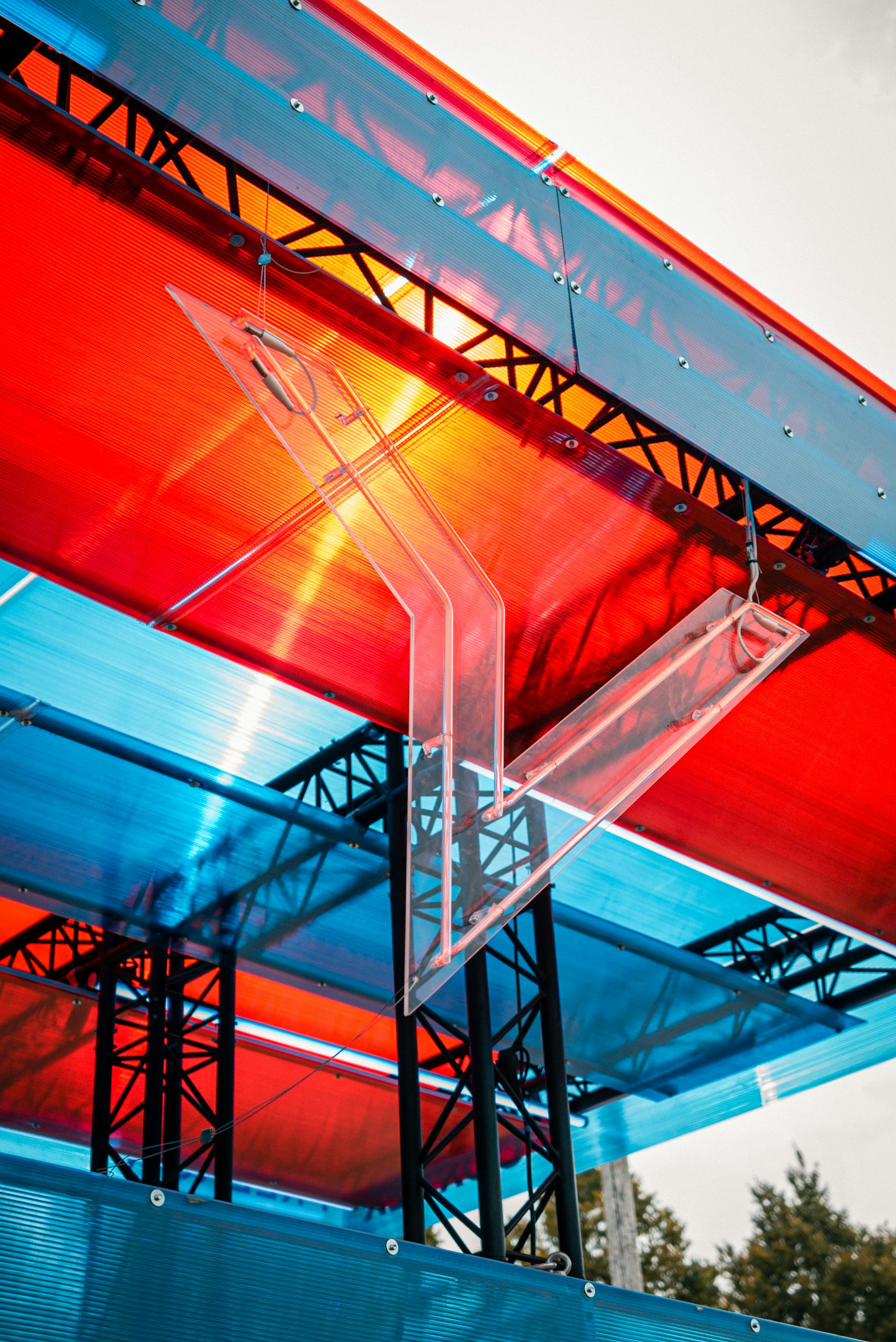
Polycarbonate is widely used in various industrial applications due to its exceptional strength and durability. In the automotive industry, it is favored for its impact resistance and lightweight properties, making it ideal for car windows, headlight lenses, and safety helmets.
Automotive Industry
How strong is polycarbonate glass? Polycarbonate glass is solid and has a high impact resistance, making it a safer alternative to traditional glass in automotive applications. Its ability to withstand extreme forces without shattering protects vehicle occupants.
In addition to its strength and impact resistance, polycarbonate glass offers excellent clarity and light transmission, making it an ideal choice for automotive windows and windshields. This material provides a clear view for drivers and passengers while ensuring their safety during a collision or impact. With its strength, clarity, and safety benefits, polycarbonate glass is revolutionizing the automotive industry by setting new vehicle window and windshield materials standards.
Construction and Architecture
Polycarbonate plastic is valued for its transparency in the construction and architecture sector, allowing natural light to filter through while offering excellent structural integrity. Due to its impact resistance and weatherability, it is commonly used in skylights, roofing panels, and safety barriers.
In addition to its use in skylights, roofing panels, and safety barriers, polycarbonate plastic is also a popular choice for architectural glazing due to its lightweight nature and high impact resistance. This makes it an ideal material for creating large, transparent surfaces that allow for unobstructed views while still protecting from the elements. Furthermore, its UV resistance maintains its transparency and structural integrity over time, making it a durable and long-lasting option for architectural applications.
Electronics and Electrical Components
How strong is polycarbonate plastic when it comes to electronics and electrical components? Polycarbonate's high heat resistance makes it suitable for housing electronic devices such as LED lighting fixtures, electrical enclosures, and consumer electronics. Its durability ensures the protection of sensitive equipment from environmental factors.
Polycarbonate plastic's strength and durability make it an ideal choice for electronic and electrical components. Its high heat resistance allows it to effectively house LED lighting fixtures, electrical enclosures, and consumer electronics without compromising performance. In addition, polycarbonate's ability to protect sensitive equipment from environmental factors ensures the longevity of these electronic devices, making it a reliable material for manufacturers to use.
Environmental Impact and Sustainability
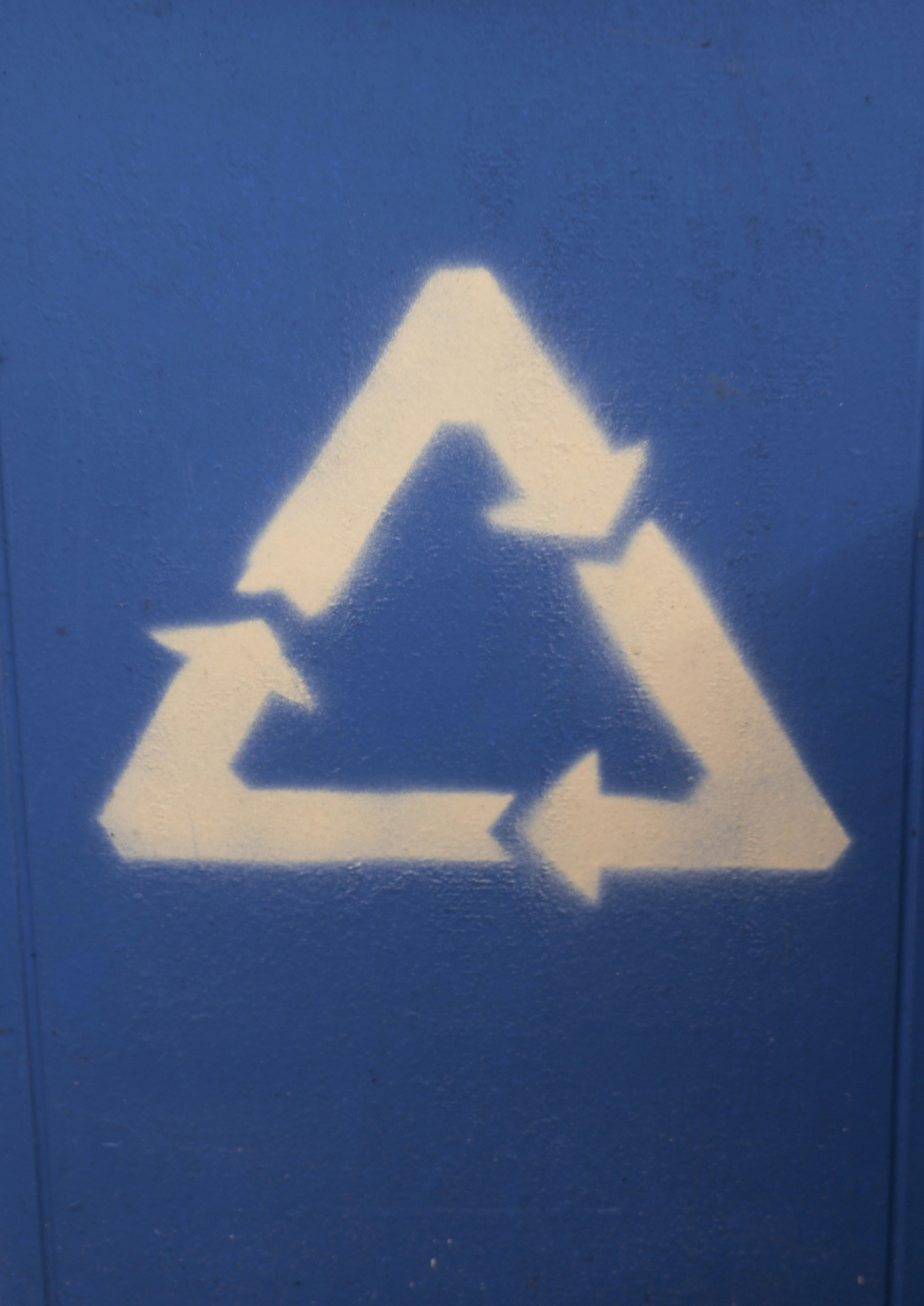
Recyclability plays a crucial role in polycarbonate's environmental impact and sustainability. Polycarbonate is highly recyclable, allowing for the production of new polycarbonate products from recycled material. This reduces waste and conserves resources, making it a more sustainable option than other materials.
Recyclability of Polycarbonate
The recyclability of polycarbonate plastic is a significant advantage in terms of environmental impact and sustainability. Unlike some other plastics, polycarbonate can be recycled multiple times without losing its strength or durability. This means polycarbonate products can have a longer lifespan and contribute to a more circular economy.
Furthermore, the energy efficiency of polycarbonate production adds to its environmental benefits. Compared to other plastics, the production of polycarbonate requires less energy, reducing its overall carbon footprint. This means that polycarbonate is recyclable and has a lower environmental impact during its initial manufacturing process. Consumers can contribute to a more sustainable and eco-friendly future by choosing polycarbonate products.
Energy Efficiency in Production
In addition to its recyclability, the production of polycarbonate material is also relatively energy-efficient compared to other materials such as glass or metal. The manufacturing process for polycarbonate requires less energy, reducing its overall carbon footprint. This makes it an environmentally friendly choice for various applications, from automotive components to electronic devices.
Furthermore, the lightweight nature of polycarbonate material contributes to its energy efficiency during transportation and installation. Its reduced weight compared to glass or metal means lower fuel consumption during shipping and easier handling during construction. This saves energy and reduces the overall environmental impact of using polycarbonate in various industries. Additionally, the durability of polycarbonate ensures that it can be reused multiple times, further extending its energy-efficient properties and making it a sustainable choice for long-term use in different applications.
Longevity and Reusability
Polycarbonate's longevity and reusability further contribute to its environmental sustainability. Its exceptional strength and durability allow it to withstand harsh conditions and repeated use without degradation, minimizing the need for frequent replacements. Its reusability also reduces the demand for new raw materials, making it a more sustainable option for industries seeking eco-friendly solutions.
Furthermore, polycarbonate's recyclability allows the material to be repurposed and used in new products, reducing waste and promoting a circular economy. This closed-loop approach to manufacturing minimizes the environmental impact of production and disposal, making polycarbonate a responsible choice for companies looking to reduce their carbon footprint. Industries can demonstrate their commitment to sustainability and environmental stewardship by choosing polycarbonate over other materials.
Baoyuan: Leading the Way in Polycarbonate Innovation
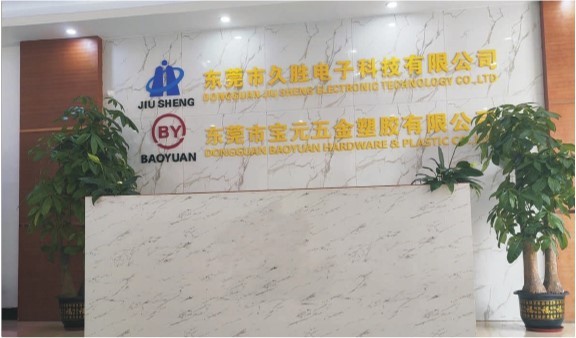
Baoyuan is at the forefront of polycarbonate innovation, particularly in mold design. Their expertise in creating intricate and durable molds ensures that polycarbonate products are of the highest quality and meet industry standards. With Baoyuan's commitment to precision and attention to detail, their mold designs contribute to polycarbonate materials' overall strength and durability.
Baoyuan's Expertise in Mold Design
Baoyuan's team of skilled engineers and designers is expert in creating molds for various polycarbonate applications. Their advanced knowledge of polycarbonate plastic allows them to develop molds that can withstand high temperatures and pressures during the manufacturing process, resulting in exceptionally strong and resilient products. By utilizing cutting-edge technology and innovative techniques, Baoyuan sets the standard for mold design in the industry.
Quality Assurance in Polycarbonate Production
Baoyuan doesn't just excel in mold design – they are committed to delivering superior quality polycarbonate through meticulous quality assurance. Here's how they achieve this:
- Strict Raw Material Selection: Baoyuan's production process uses only the highest-grade materials.
- Rigorous Monitoring: Every stage, from start to finish, is closely monitored to ensure consistency and eliminate defects.
- Thorough Final Inspection: Each product undergoes a final inspection before leaving the factory, guaranteeing it meets all performance standards.
By prioritizing quality control throughout the process, Baoyuan ensures its polycarbonate products consistently exceed expectations and offer reliable performance for diverse applications.
Baoyuan's Contribution to Sustainable Polycarbonate Solutions
Baoyuan is committed to sustainability by implementing eco-friendly practices in its polycarbonate production processes. By prioritizing energy efficiency and reducing waste, it minimizes its environmental impact while still delivering top-quality polycarbonate materials. Its dedication to sustainable solutions benefits the environment and provides customers with an environmentally conscious option for their projects.
The Future of Polycarbonate in Various Industries
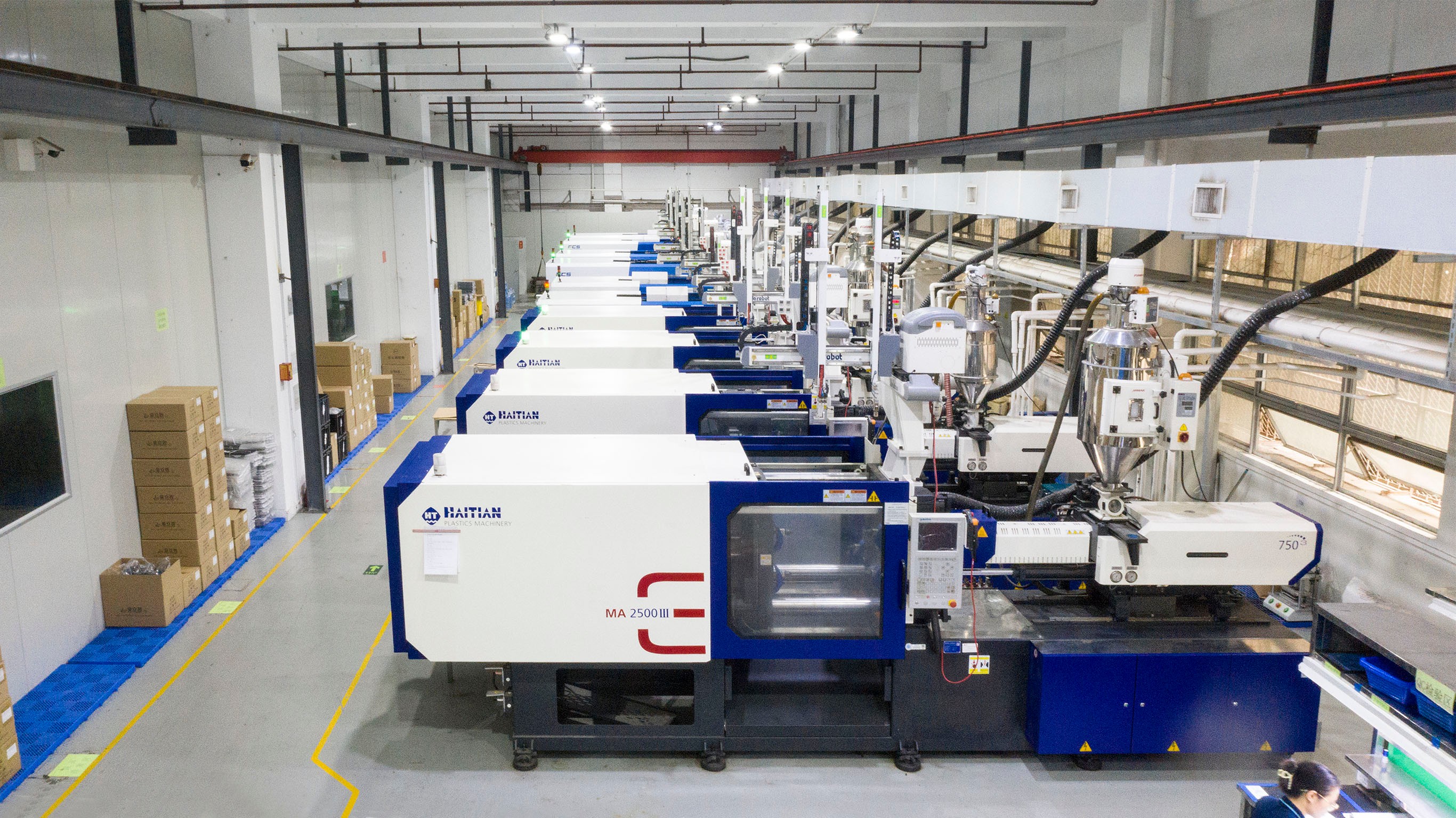
Polycarbonate material has a bright future in various industries due to its exceptional strength, durability, and versatility. Its impact resistance and transparency make it a top choice for applications where safety and visibility are crucial. The material offers long-term environmental benefits with sustainable practices in polycarbonate production, such as recyclability and energy efficiency.
As industries prioritize safety and sustainability, polycarbonate's strength and eco-friendly properties position it as a material of choice for the future. From automotive components to architectural glazing, the demand for polycarbonate is expected to grow as more industries recognize its unique benefits.
Sustainable Practices in Polycarbonate Production
Sustainable manufacturing processes are becoming increasingly important, and polycarbonate production is no exception. Companies like Baoyuan lead the way with innovative solutions prioritizing recyclability, energy efficiency, and longevity. The industry can minimize its environmental impact by adopting these sustainable practices while meeting growing demand.
Choosing the Right Polycarbonate for Your Needs
When considering polycarbonate for your specific needs, evaluating factors such as strength, transparency, and heat resistance is essential. Understanding how strong is polycarbonate glass or plastic will help you make an informed decision based on your application's requirements. Consulting with experts like Baoyuan can ensure you choose the right polycarbonate solution tailored to your needs.

